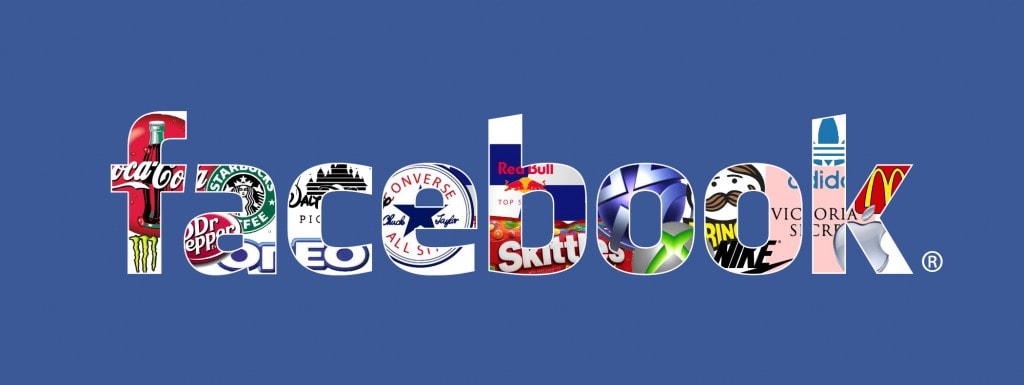 A lot has been made recently of the diminishing value of brand Facebook pages and the discussion is only set to become louder.
A lot has been made recently of the diminishing value of brand Facebook pages and the discussion is only set to become louder.
Facebook has for the last two years throttled the organic reach that brand pages have. As of April 2012, Facebook limited the reach of your content to 16% of your audience and this has continued to be reduced steadily. It now stands at around 2%. This means that not only are fewer people than ever being served the content, interactions with the content have plummeted meaning that even fewer ‘friends of fans’ are being exposed to the content.
This affects companies big and small – some SMEs and sole traders who use Facebook as a primary platform are now going to have to explore other ways to reach their local audiences.
Facebook has insisted that it is trying to make the newsfeed more relevant for people – as Facebook users, we’re more interested in what our friends and family are up to than what companies want to push at us.
It is aiming to maximise potential ad revenues – by limiting the number of people seeing content, it is asking brands to sponsor posts and promote content to increase Paid Reach. The more you pay, the more people will see your content.
It is a shift back to a traditional advertising model (big space + big money = more eyeballs). The difference being that now we can track exactly how many times content has been served, seen and acted on.
This is of course a total sea-change from four years ago when Facebook wanted us to grow our communities as large as possible to reach as many people as possible, and to do it for free. What we’re going to see is that the big companies who invested heavily throughout this period will reconsider the value of their Pages and take that community management work in house.
It’s important for Facebook because it risks turning the big spenders away and onto other platforms. We’ve seen Instagram do a deal with Omnicom to run ads, I predict we’ll start to see more of these types of deals over the next 18 months.
It is important for us because it means that we need to be providing unprecedented counsel to our clients. We need to make them aware that they’re not going to reach as many people as they (and we) thought. We need them to consider who it is they really want to connect with and to focus on ensuring their community is built on quality fans, rather than a quantity of fans. We need to make them aware that their community management budgets will need to include a line for paid media as a substantial add-on.
This is an opportunity for us to look at our clients and identify new platforms that they should consider being on. Do they need to be on Flipboard or WhatsApp to meet their desired audiences?
This latest Facebook evolution means that we can deliver better programmes for our clients and their communities. They will be more targeted and, ultimately, more relevant.
By Matt Churchill, digital manager at PR firm Burson-Marsteller
If you enjoyed this article, sign up for free to our twice weekly editorial alert.
We have six email alerts in total - covering ESG, internal comms, PR jobs and events. Enter your email address below to find out more:






